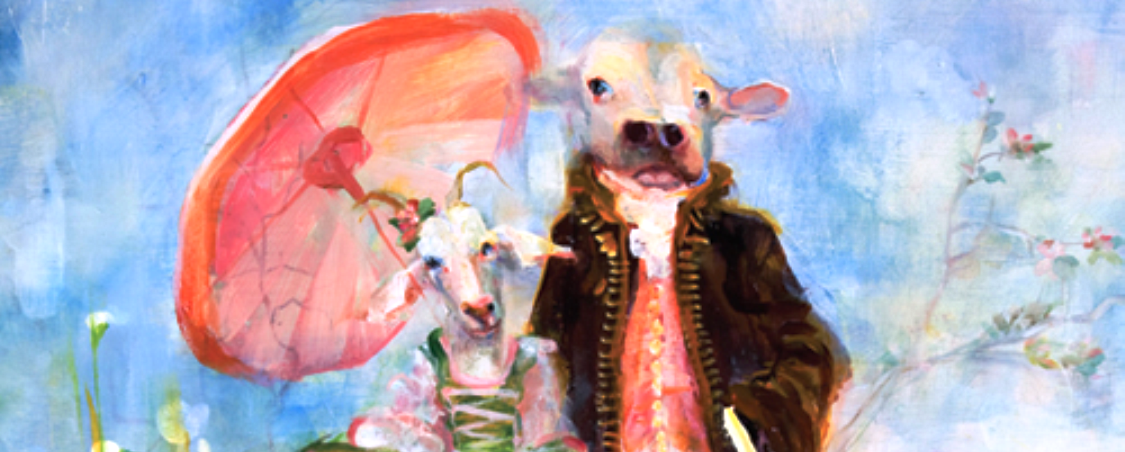
Certain things are ineffable. There are moments when we cannot dig deep enough into our storehouse of words and grasp the proper one. We cannot attach enough inflection. We are unable to swaddle our message in sufficient emotion. Our attempts at expression clatter out of our mouths like Mason jars down a basement stairway.
And then there is Gretchen Primack.
In her present poetry collection, Kind, she tackles not only the things that are difficult for humans to express, but also those things that our fellow beings cannot express: the two-way horror of a killing floor; the nightmare of workers in a slaughter factory; the despair of a mother whose young are repeatedly taken from her: her children’s fate and hers are one and the same: to feed the appetites of another species, systematically, facelessly, in tangible daily scenarios that confound comprehension. Is this cruelty truly reality?
But she sees not only cruelty. As the title suggests, she sees quick visions of kindness. Her husband, working against fate and expected outcomes, tries to save two orphaned fledglings. He is unsuccessful, of course, as we all would be. But he succeeds in portraying the valiant kindness that we all must have, fighting against all expectations and naysayers and critics, pursuing that which we genetically know is right. Isn’t it what every sane, compassionate, kind individual should do?
We should all be thus, not letting anticipated outcomes limit our actions. We should be passionately, obstinately, vehemently kind, in matters simple and complex.
But her kindness doesn’t end with her engaging spin on a common homestead tale. She extends it to her canine companion, who, being a dog, must be a dog. Upon encountering the lifeless body of a fallen fawn, Gretchen allows her friend to follow her nature; Gretchen herself will continue up the trail alone. It is a visceral and beautiful moment when most of us would waver. But her kindness is vast, varied, and wise.
Scribing the continuous chain from holocaust to circus to sable to egg to human privilege, her insistence is also vast. These images, these actions, these feelings, this consciousness—they are all the same. Read her entry entitled “Chain;” then read Rilke’s “The Panther;” then read Neruda’s “Ode to the Black Panther.” How many voices are in this chorus? And why do we still hear disharmonious tones?
Graceful being that she is, Gretchen also shares bits of joy with us: her garden, wild berries, heroic roosters, the fleeting—if tainted—happiness found in a picnic. Weighing the percentages of joy’s presence, we have much work to do. Her deftly demanding poems show us that too much shared and sacred life is left in the balance. With a poet’s grace she takes leave, encouraging us to cipher the equations and calculate our responses.
